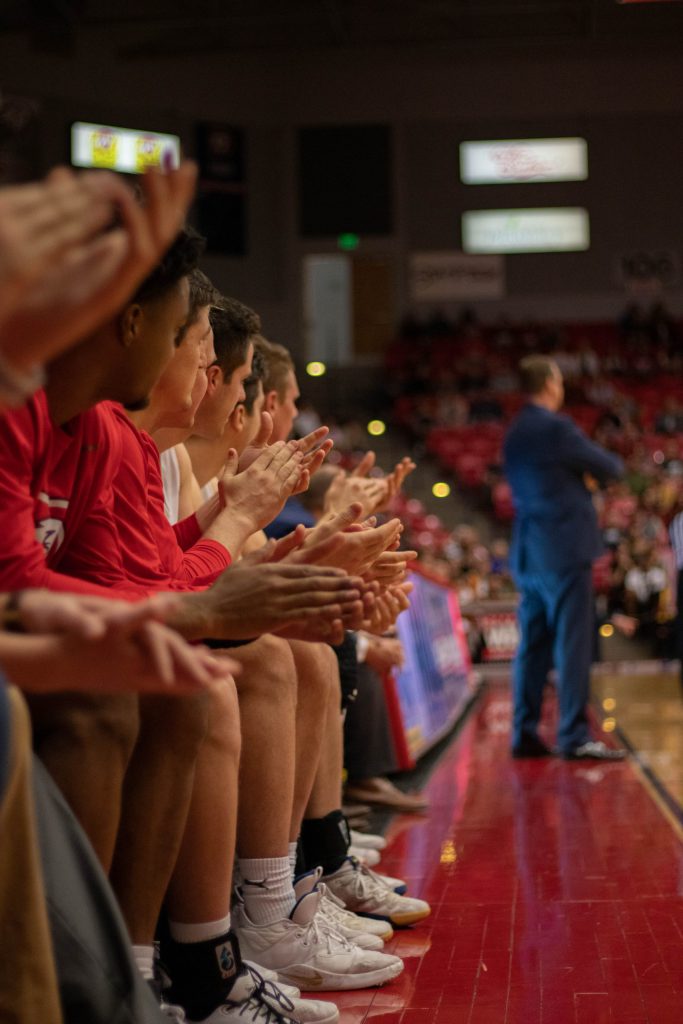Utah Tech University recognizes its student-athletes for their hard work on and off the field as six Trailblazers are named to the Academic All-District Team.
Chosen by College Sports Communicators, the Academic All-District teams acknowledge the country’s top student-athletes for excelling both academically and athletically. To be eligible for this recognition, athletes must maintain a minimum cumulative GPA of 3.5 while participating in at least 90% of games or starting in 66% of games.
Players named to the Academic All-District Team include:
- McKinley Barney, women’s soccer team
- Ella Carmody, women’s soccer team
- Gracie Knutzen, women’s soccer team
- Brynlee Rider, women’s soccer team
- Tessa Thornton, women’s soccer team
- Stockton Short, men’s soccer team
These student-athletes showcased the ability to integrate the rigors of education with the physical and mental demands of competitive sports. The secret to their success lies in a combination of time management and dedication.
Gracie Knutzen, a senior criminal justice major from Mapleton, said she uses a planner to help her manage her time effectively throughout the day.
“My biggest thing is to plan it out and write it down,” Knutzen said. “I make sure I’m accomplishing everything I need to do for that day. Also, I find time for myself so I don’t get too overwhelmed.”
Knutzen said building a strong and healthy relationship with her teachers and professors has helped her succeed in the classroom.
Brynlee Rider, a senior exercise science major from Layton, said the better the relationship with your professors, the more lenient and more likely they are to work with you on assignments and quizzes.
“I find that if you’re very upfront with them and have a good line of communication, then they’re really good to work with,” Rider said. “I’ve never had a problem. Most of them are totally understanding and will help you.”
The Department of Athletics at Utah Tech University has established a partnership with the Academic Performance Center to provide academic tutoring to student-athletes. Going to study hall is a requirement as student-athletes strive to maintain a balance between hitting the books and hitting the gym.
These student-athletes are required to spend a minimum of two hours per week at the study hall. A check-in system monitors tutoring time with weekly reports sent to coaches, specifying class and assignment details.
According to an article by Stat Crunch, the median GPA for a student-athlete is 3.7, and the median GPA for non-athletes is 3.45. The data demonstrates that athletes tend to achieve higher GPAs, possibly due to the academic requirements imposed on them to participate in their sports.
Tessa Thornton, a junior communication studies major from Spokane, Washington, said she learned valuable life skills from juggling the responsibility of sports and school.
“It really helps with being able to multitask and take on more than one thing at once,” Thornton said. “It can help you career-wise by learning to balance family and work.”
Student-athletes often emerge from their collegiate years not only with a degree but also with well-rounded skills like multi-tasking, the ability to perform under pressure and goal setting. These skills prepare them for the challenges of the professional world.
As they continue to excel both in the classroom and on the field, student-athletes serve as an example of what can be achieved through dedication, discipline and a passion for both education and athletics.




